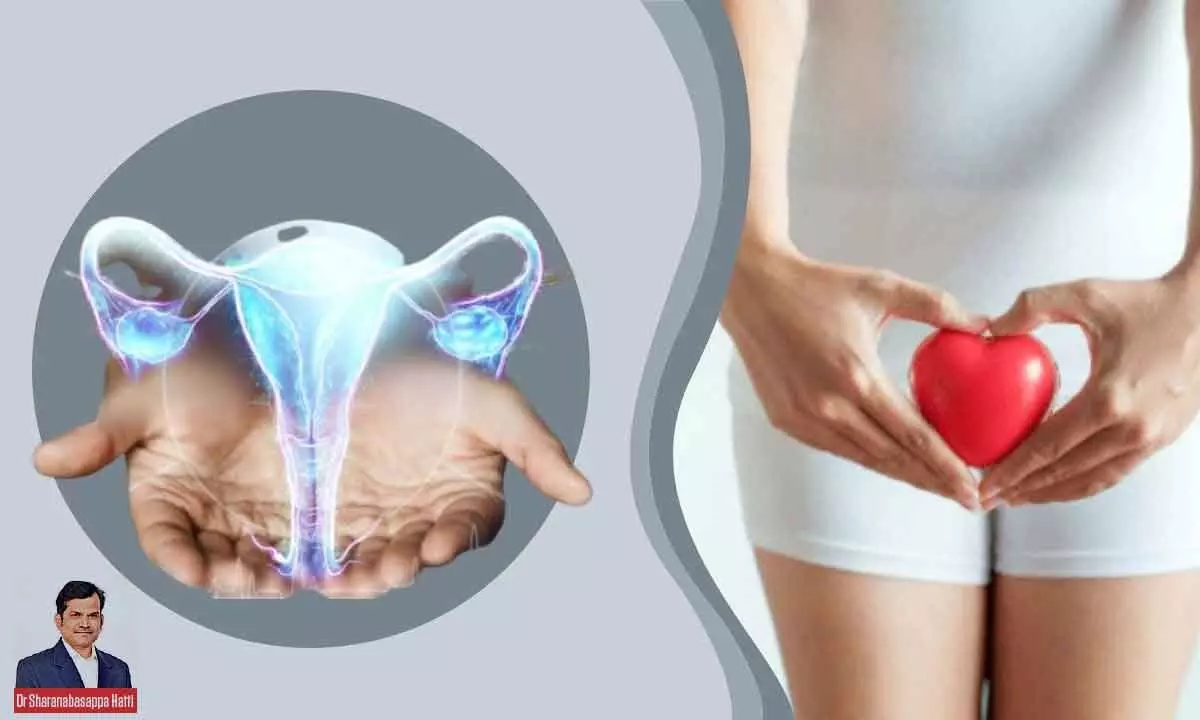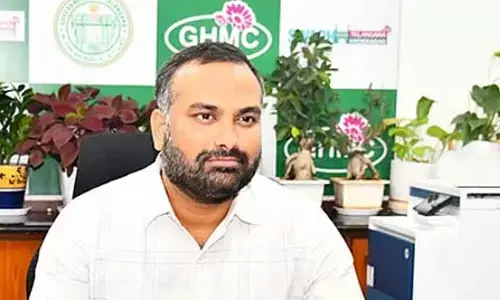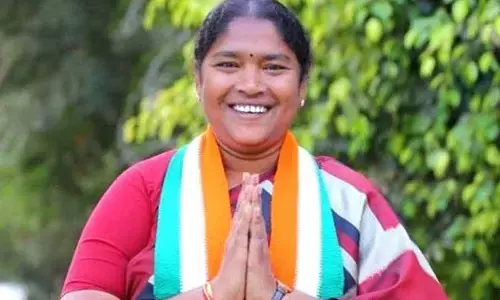Vulvar and Vaginal Cancers: Understanding lesser-known gynaecologic malignancies

A lot has been heard on the fight against well-known adversaries like breast and cervical cancers. While these battles are undoubtedly crucial, it’s equally important to shed light on the lesser-known warriors in the realm of gynaecologic malignancies: vulvar and vaginal cancers. These two conditions, though relatively rare, require our attention and understanding to ensure timely diagnosis, effective treatment, and improved outcomes.
The Silent Predators
Vulvar and vaginal cancers may not be as widely discussed as their more prevalent counterparts, but they can have a profound impact on the lives of those affected. Vulvar cancer arises in the external genitalia, specifically the labia, clitoris, and vaginal opening, while vaginal cancer originates within the vaginal lining itself. Due to their relatively subtle symptoms, these cancers can often go undetected until advanced stages, underscoring the need for increased awareness and vigilance.
Recognizing the Red Flags
Patients should be educated about the signs and symptoms that warrant medical attention. Persistent itching, pain, tenderness, bleeding, changes in skin color, and the formation of lumps or ulcers in the vulvar area could all be indicators of vulvar cancer. Similarly, unusual vaginal bleeding, pain during intercourse, and a watery vaginal discharge might be signals of vaginal cancer. Encouraging open communication with patients about these symptoms can lead to timely interventions.
Risk Factors and Prevention
Understanding the risk factors associated with vulvar and vaginal cancers can aid in early detection and prevention. While these malignancies can affect anyone, certain factors can increase the likelihood of their development. Chronic skin conditions, smoking, a weakened immune system, a history of cervical cancer, and infection with the human papillomavirus (HPV) are among the known risk factors.
Promoting preventative measures, such as HPV vaccination, regular gynaecologic check-ups, and avoiding tobacco use, can significantly reduce the risk of developing these cancers. Moreover, encouraging patients to adopt a healthy lifestyle can strengthen their immune systems and contribute to overall well-being.
The Power of Early Detection
Early detection plays a pivotal role in improving the prognosis and treatment outcomes for vulvar and vaginal cancers. Routine pelvic exams and regular screenings can aid in identifying any abnormalities at their initial stages. Biopsies and imaging tests can provide a definitive diagnosis and help determine the appropriate treatment plan.
Empowering Patients through Knowledge
Empowering our patients with knowledge about these lesser-known gynaecologic malignancies is a crucial step towards early intervention. By raising awareness through educational initiatives, seminars, and community outreach, we can equip individuals with the tools to recognize potential warning signs and seek medical assistance promptly.
Holistic Care and Support
Comprehensive care for patients with vulvar and vaginal cancers extends beyond medical interventions. Emotional support, psychological counselling, and open dialogues about intimacy concerns are equally important components of their journey. It is recommended to not only support the physical aspects of the disease but also the emotional and social challenges that patients may encounter. By fostering awareness, promoting early detection, and delivering comprehensive care, we can empower ourselves to confront these challenges head-on and ultimately improve their quality of life.
(The author is a Consultant Surgical Oncology, HCG Cancer Centre, Kalaburagi)











